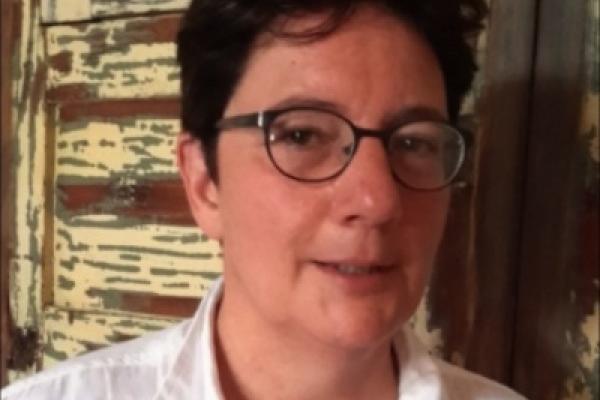
Effects of Life Events on Household Wealth Accumulation
Abstract: A persistent puzzle in the economics of aging literature is why wealth varies so dramatically across retirement-aged households with similar lifetime earnings, and how much of the variation is attributable to job loss, poor health, divorce, and other life events. The current study contributes to our understanding of wealth accumulation by using data from the 1979 National Longitudinal Survey of Youth to model household wealth at age 50 (including expected Social Security benefits) for a large sample of late baby-boomers. Determinants of wealth include an array of pre-market factors (family background, schooling attainment, skills, risk preference, etc.) and life events ( measured from age 20 to age 50) including the number of involuntary job exits, percent of time spent married and separated/divorced, health status, family size, and household composition. The analysis is designed to identify each event's effect on wealth net of its effect on earnings, and to allow estimated effects to vary over the life cycle and across the wealth distribution. Estimates reveal that divorce and poor health are important (negative) determinants of wealth, conditional on earnings. The "poor health" effect is concentrated early in adulthood and among low-wealth households, while the "divorce effect" is more pronounced for high-wealth households, and when encountered later in life. Other factors are found to affect household wealth primarily through their effects on lifetime earnings.
Dr. Audrey Light is a Professor of Economics at Ohio State University, where she has been employed since 1993. Prior to joining Ohio State, Light taught at the State University of New York at Stony Brook and held a visiting appointment at the Hoover Institution at Stanford University. Her research interests lie in both labor economics and demography. Recent work focuses on determinants of long-term cohabiting and marital unions; determinants of divorce; assortative mating on personality traits; effects of body weight on union formation and economic outcomes; employer learning about cognitive and noncognitive skills; time to college completion; degree effects; and determinants of early-career job mobility.
Light has been part of the National Longitudinal Surveys contract team since joining Ohio State, and has served as Principal Investigator for the 1979 National Longitudinal Survey of Youth since 2005. She is a faculty affiliate of the Center for Human Resource Research and the Initiative in Population Research at Ohio State, and is a senior fellow of the China Center for Human Capital and Labor Market Research in Beijing. Her research has been funded by numerous grants from the National Science Foundation, National Institutes of Health, Spencer Foundation, American Educational Research Association, Kauffman Foundation, and Bureau of Labor Statistics. She is a recipient of the H. Gregg Lewis Prize awarded by the Society of Labor Economists.
